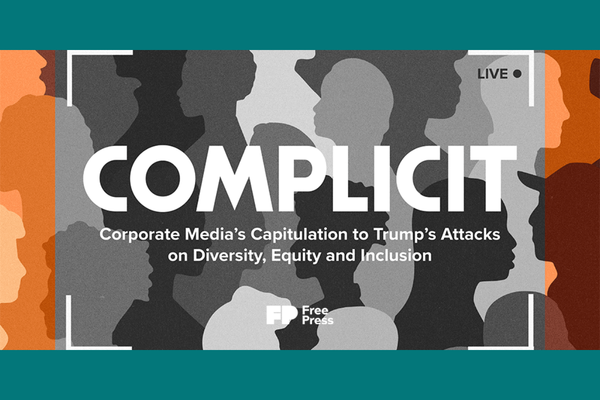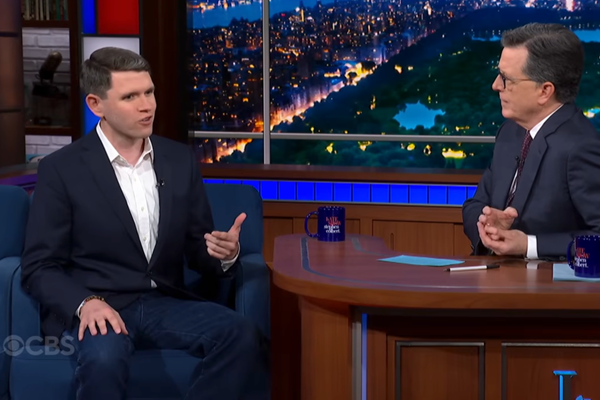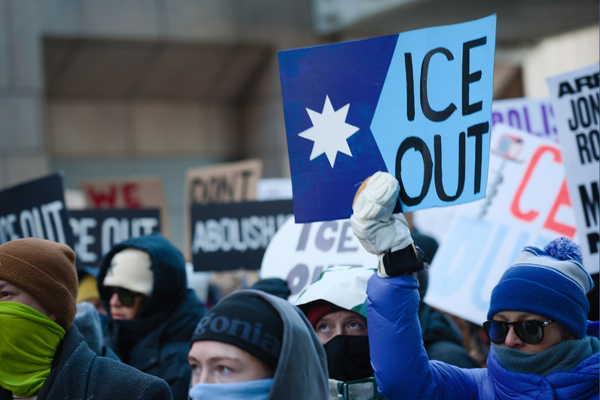Trump’s Censorship Czar Goes Further Adrift
FCC Chairman Carr’s attempt to bully the BBC is a ‘fishing expedition in the desert’
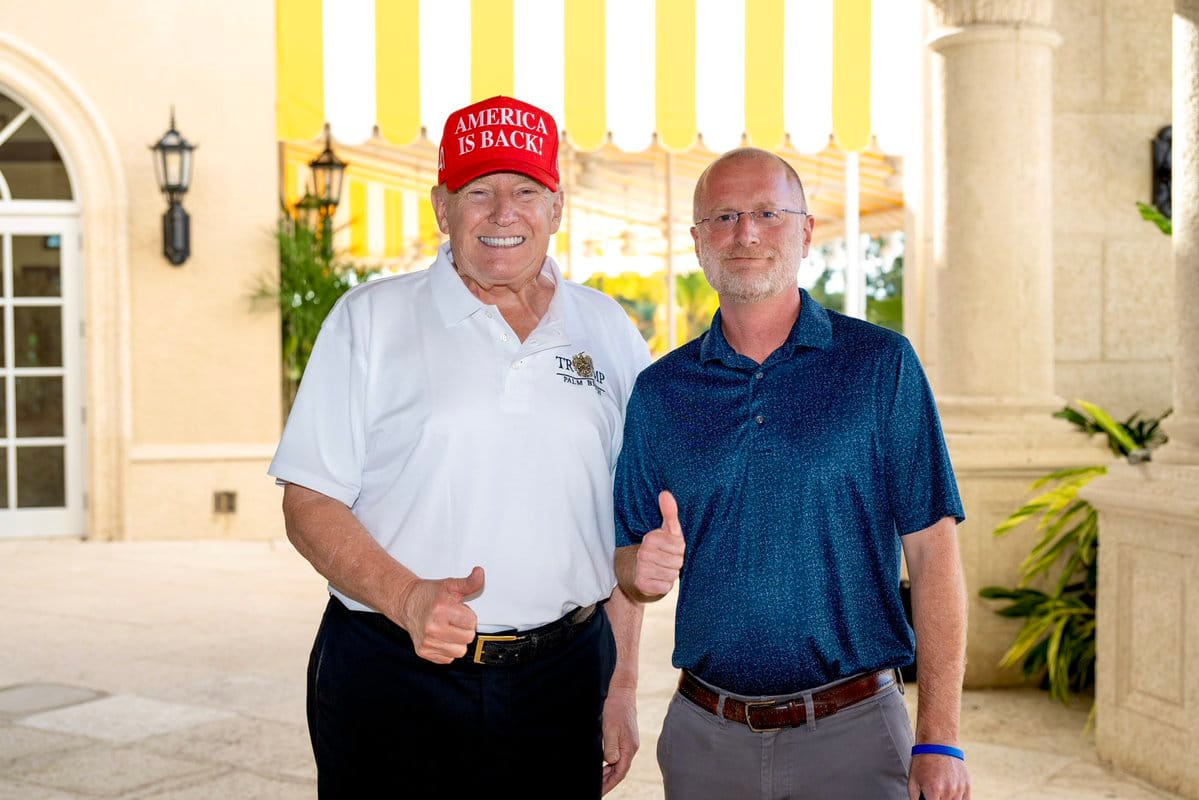
Funny story: On Nov. 19, I came upon an unusual article at Breitbart News, the far-right website. According to the article, FCC Chairman Brendan Carr had written a letter to the heads of the BBC, NPR and PBS announcing a probe into their activities related to the BBC documentary Trump: A Second Chance? on President Donald Trump’s involvement in the Jan. 6 insurrection.
The article is unusual because, at the time, no other outlet had it. Breitbart posted the Carr letter as a PDF file, but it wasn’t available on the FCC’s website or even on Carr’s Twitter page.
I checked the file’s metadata, and it listed Brendan Carr as the author. It was on official FCC letterhead and, by all other accounts, seemed legitimate. So I posted the file on Bluesky with a brief description of the letter’s content. (You can find the post here.)
Trump's censor in chief at the FCC, Brendan Carr, just sent a letter to the heads of BBC, NPR and PBS informing them he's launching a "news distortion" probe into the BBC's editing of a documentary on Trump's Jan. 6 activities. Here it is:
— Tim Karr (@timkarr.bsky.social) 2025-11-19T21:34:39.115Z
That’s when things started to go sideways. My post generated considerable interest and led to several interactions with reporters attempting to verify the source.
And here’s the funny part: One of those calls came from the BBC itself, which hadn’t actually received Carr’s letter, even though the chairman addressed it to the British news service’s director general, Tim Davie.
The BBC wanted to see its letter, so I forwarded the file.
No fish to catch
In his letter, Carr wrote that he was seeking “to determine whether any FCC regulations have been implicated by the BBC’s misleading and deceptive conduct” related to the documentary, which had spliced together portions of the president’s Jan. 6 speech to make it appear that Trump more explicitly directed insurrectionists to assault the U.S. Capitol and stop Joe Biden’s certification as the next U.S. president. (Trump reportedly sees the program as yet another opportunity to blackmail the media, in this case suing the BBC to exact up to $5 billion in damages.)
Carr wrote that he wanted “to determine whether the BBC provided either the video or audio of the spliced speech to NPR, PBS, or any other broadcaster regulated by the FCC for airing in the U.S.”
It was only after I forwarded the letter to the BBC that other news outlets started paying closer attention. The Financial Times’ Daniel Thomas interviewed legal expert Mark Stephens, who said that Carr’s FCC probe “will probably come up empty. If the program wasn’t broadcast in America, that’s fatal to Trump’s claim and to the FCC investigation.”
And indeed, it’s evident that neither NPR nor PBS aired the BBC program. The BBC has said that it did not have the rights to distribute the documentary in the United States and that it had made it available on BBC iPlayer, its on-demand streaming service, which only UK viewers can access.
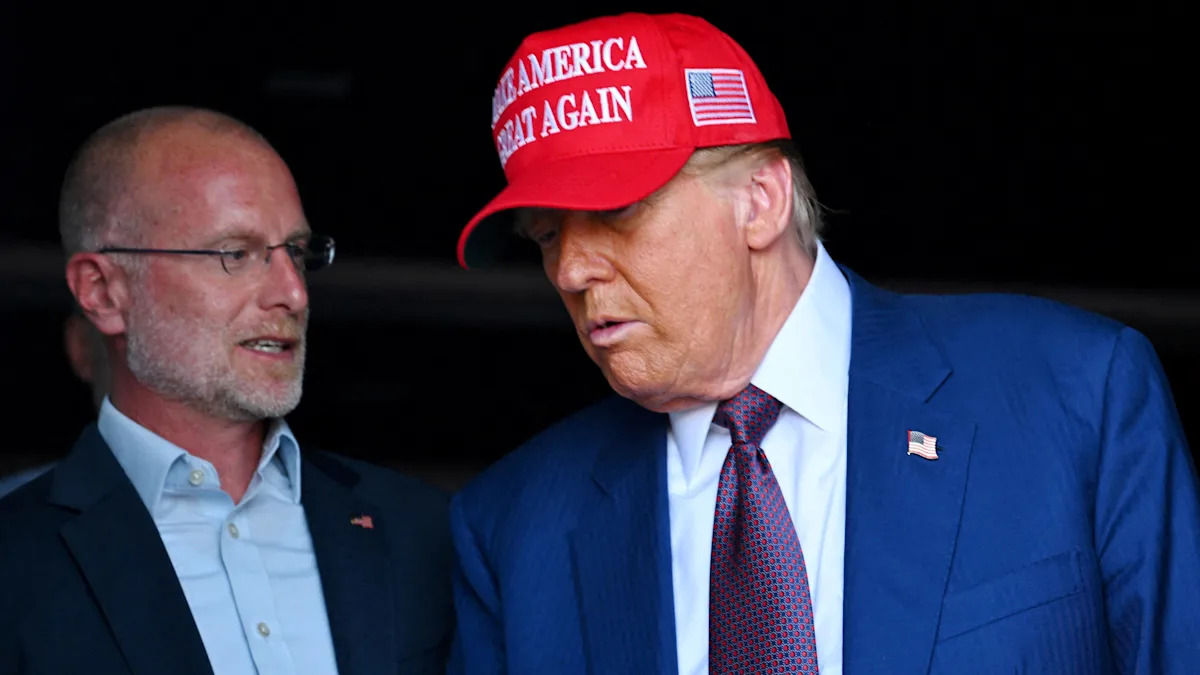
In addition, Frontline has aired on PBS stations several of its own documentaries related to the Jan. 6 insurrection and its causes; it didn’t need to use a British production to cover this historic and violent attack on American democracy.
“The FCC inquiry is a fishing expedition in a desert,” Stephens told the Financial Times. “There’s nothing to catch.”
The ‘public-interest’ apparition
It should go without saying that the FCC has no jurisdiction over a British broadcaster that holds no agency licenses to air programming in the United States. None of that matters to the man charged with ensuring that U.S. media policy serves the public interest. It’s a job that Brendan Carr has failed at miserably.
But that’s where we are today: subject to the political whims of an FCC chairman who cares only about pleasing Dear Leader.
It’s worth noting that Trump is a deeply unpopular president, with public-approval ratings far below those of any other modern U.S. president at this point in their administration.
And Carr’s own public-interest rhetoric doesn’t square with, you know, the actual public interest. According to polling from the Economist and YouGov, more than 68 percent of those polled believe it’s unacceptable “for the government to pressure broadcasters to remove shows that include speech it disagrees with.” Conversely, only 13 percent described actions like Carr’s ongoing efforts to strong-arm and silence broadcasters as “acceptable.”
Still, Carr believes that he has a mandate to censor and control the media. But he seems to need a tailwind of support from his far-right allies for taking such drastic and unconstitutional measures. It’s no coincidence that he decided to leak the BBC letter to a sympathetic website a day before actually sending it to the BBC. Carr hopes to conjure an apparition of approval for an official action before it actually occurs. Never mind that Carr’s website of choice, Breitbart News, routinely traffics in misogyny, xenophobia and racism, or that it once employed a senior editor who professed a desire to have sex with preteen boys and support for Nazi beliefs and neo-Nazi sources.
Carr’s dishonor
It’s a mistake to say that Carr’s sloppy BBC probe is a nothing burger. It fits within a pattern of White House collusion with the nominally independent FCC that has yielded millions of dollars in legal settlements from media companies (See Meta, Disney/ABC, and Paramount/CBS) that seem unwilling to exercise their First Amendment rights and stand up against the administration’s censorship campaign — something I’ve documented extensively in Free Press’ Media Capitulation Index.
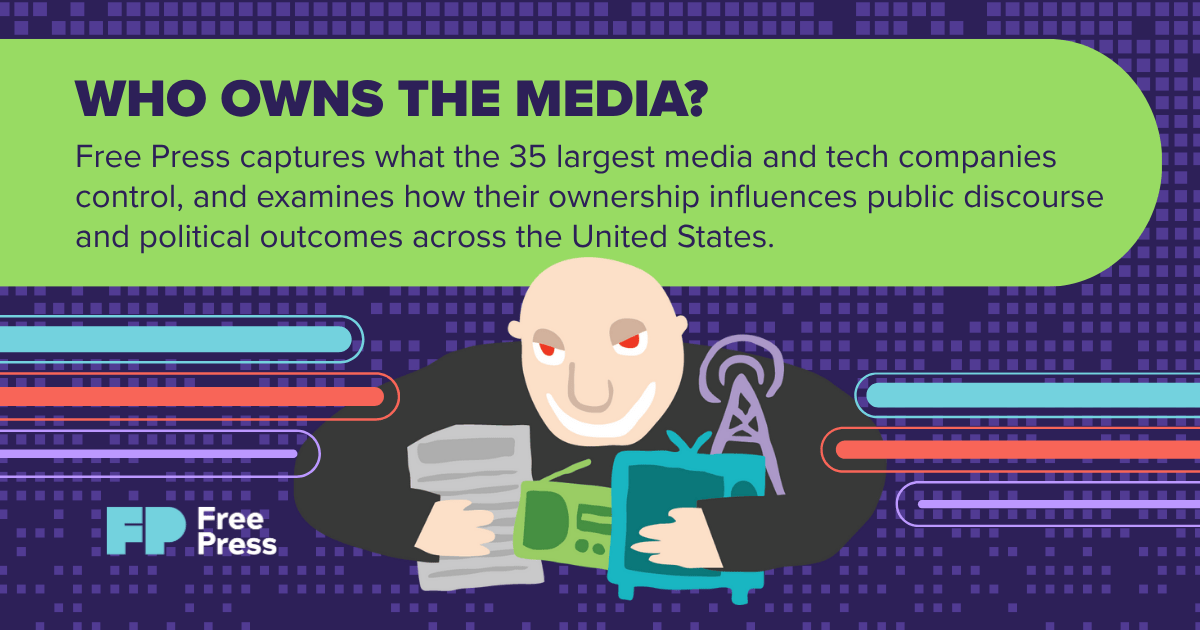
In addressing the BBC, Carr hopes to net a bank shot against his intended targets at NPR and PBS, which right-wing figures have long cast as cogs in a radical-left conspiracy to undermine Trump’s strong-man rule. In January, during Carr’s first days as chairman, he ordered an investigation into corporate underwriting of NPR and PBS, suggesting that lawmakers zero out federal funding for public broadcasting. And in July, the Trump administration successfully convinced a GOP-controlled Congress to claw back $1.1 billion from the previously approved federal budget for the Corporation for Public Broadcasting.
Carr has staked his own political future on Trump’s success. The two have engaged in a censorship kabuki, striking performative expressions of outrage to undermine the First Amendment and kill off media efforts to speak truth to power and hold the White House accountable.
Carr’s disastrous political calculation has squandered any goodwill the chairman may have once held among people who’ve long followed the in-and-outs at the FCC. To paraphrase former Rep. Liz Cheney, Carr has decided to defend the indefensible. There will come a day when Donald Trump is gone, but Carr’s dishonor will remain.
He will be remembered as a man who wielded power recklessly — a man who’s become so unmoored from the Constitution that his only North Star is loyalty to a lying despot. His sole purpose is to enable Trump’s efforts to rewrite history in the president’s own wretched and lawless image, while justifying his actions in the name of a public that doesn’t support them.
My advice to the BBC: Ignore this sad and adrift FCC chairman. He imagines himself to be far more powerful than he actually is, especially when it comes to dictating what news organizations can and can’t say or do. And — should Trump ever file his billion-dollar lawsuit against the news service — never settle. Take the case to court. Challenge the president’s bogus claims and the unstable legal ground on which he stands. You will certainly win.
Open tabs
Legal analyst and Substacker Liz Dye writes in opposition to the media paying off their White House blackmailer: “With courts announcing they won’t be part of the president's extortion racket, media outlets need to toughen up and quit paying the vig.”
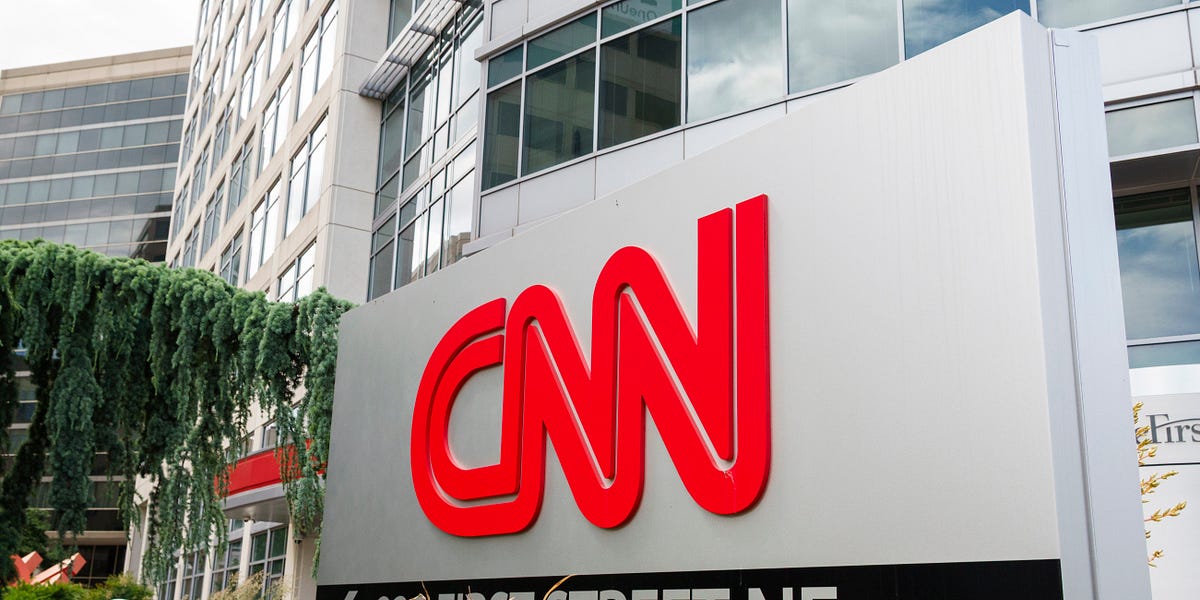
Techdirt’s Karl Bode describes Carr as “a strange, unserious man” whose political grandstanding and censorship cosplay is “still very dangerous.”

For a decidedly British take on the whole affair, watch comedian Jonathan Pie’s one-take rant against Trump’s dubious BBC claims (spiciness included). That we have to turn to comedians for an accurate assessment of what’s going on in the world is both sad and hilarious.
The kicker
“In any other administration, at any other time in American history, this level of corruption would be a political disaster — a scandal that could bring down the administration. For the Trump administration, it is a Tuesday” — The New York Times’ Jamelle Bouie on Trump’s recent courtship of Saudi crown prince Mohammed bin Salman.
About the author
Timothy Karr is the senior director of strategy and communications at Free Press. He’s worked as a photojournalist, foreign correspondent and editor for major news outlets. His commentary on the media has appeared in dozens of magazines and newspapers worldwide. Follow him on Bluesky.
